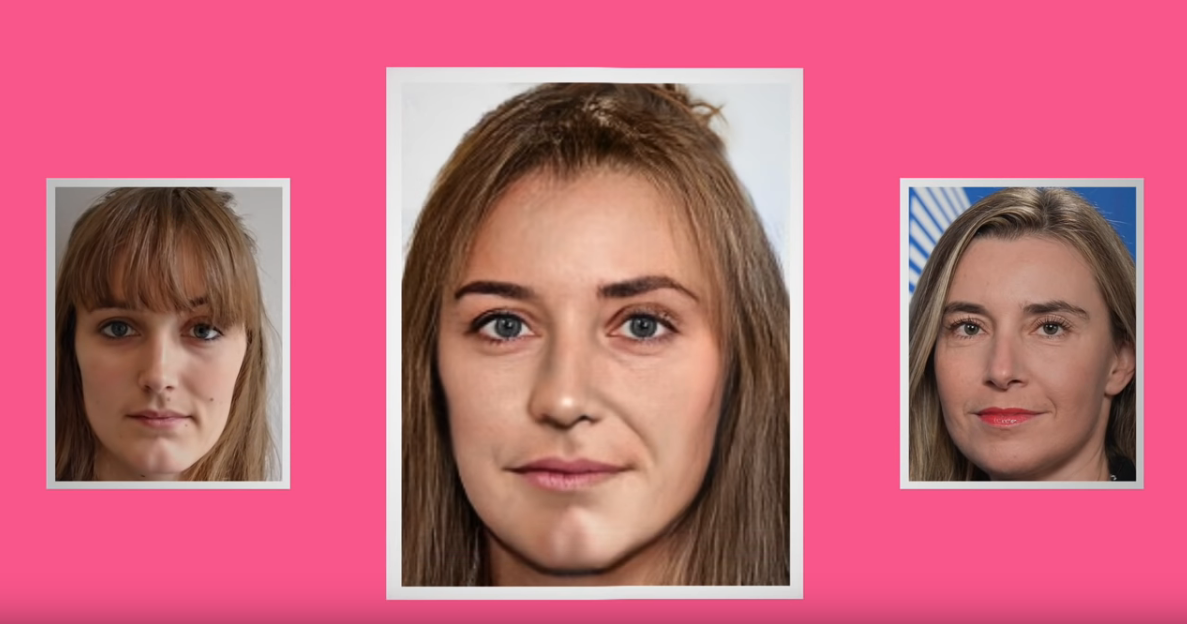The European Union wants to prevent the forgery of passport photos. Particularly parents pay for this.
The German government has announced a new law for passports and identity cards. Photographs for their application shall only be taken under the supervision of employees of the responsible authority. The coalition of Social Democrats and Conservatives wants to prevent so-called morphing in this way. The method means the computer-generated merging of two or more facial images into a single overall image. The facial features are partially retained, but they blend with the contours of other people. This makes it difficult or impossible to use the photos for automated face recognition.
At the offices, the applicants themselves should be responsible for taking the photographs. The approximately 5,500 passport and identity card authorities in Germany are to be equipped with 11,000 self-service kiosks for this purpose. According to the Frankfurter Allgemeine Zeitung, the terminals, which are manufactured by companies such as Bundesdruckerei, among others, will cost 177 million euros.
Corresponding tests have already been carried out in some citizens’ offices. There, the procedure in which photos, a signature and fingerprints are stored digitally costs five euros. The data is then sent via an internal line to the person in charge. According to the Federal Ministry of the Interior, the fees for applying for a passport and identity card could increase by three euros, although this is considerably less than the cost of passport photos taken by commercial photographers. Accordingly, the associations of photo retailers are up in arms against the planned regulation.
Two years ago, the artists’ collective Peng! drew attention to the phenomenon of “morphing”. Via the website Mask.id, own passport photos can be uploaded to combine them with other photos. EU nationals should help to create passports whose photographs contain biometric features of asylum seekers. They could then use the passports to cross an external EU border. Whether the art action ever led to such a border crossing is unclear. Peng! has stated, however, that one of the group’s activists was able to apply for a passport, the photo of which contained features of the then EU Foreign Affairs Commissioner Federica Mogherini.
Many reports on the planned German “Law to strengthen security in the passport and ID card system” suggest that Peng!’s action led to the measures against morphing. However, it was probably the other way around.
The German government is implementing the “EU regulation on strengthening the security of identity cards of Union citizens” passed more than a year ago. The new security standards prescribed there include the storage of a facial image and two fingerprints on a “highly secure storage medium”. The EU Commission has tested the procedure until 2016 in the four-year “FIDELITY” research project. Among other things, the project focused on the quality of the biometric data on the chip and its use for automated border crossing facilities.
According to the EU regulation, member states can decide whether they also require biometric data in the ID cards of children aged six and older. The German draft law contains a provision to this effect that an ordinary passport for children is no longer valid for six years, but only for one year. With fingerprints and facial image, the passport will then be valid for six years, but in future it will cost three times as much as the current 13 euros.
Image: Peng! (Mask ID).





Leave a Reply